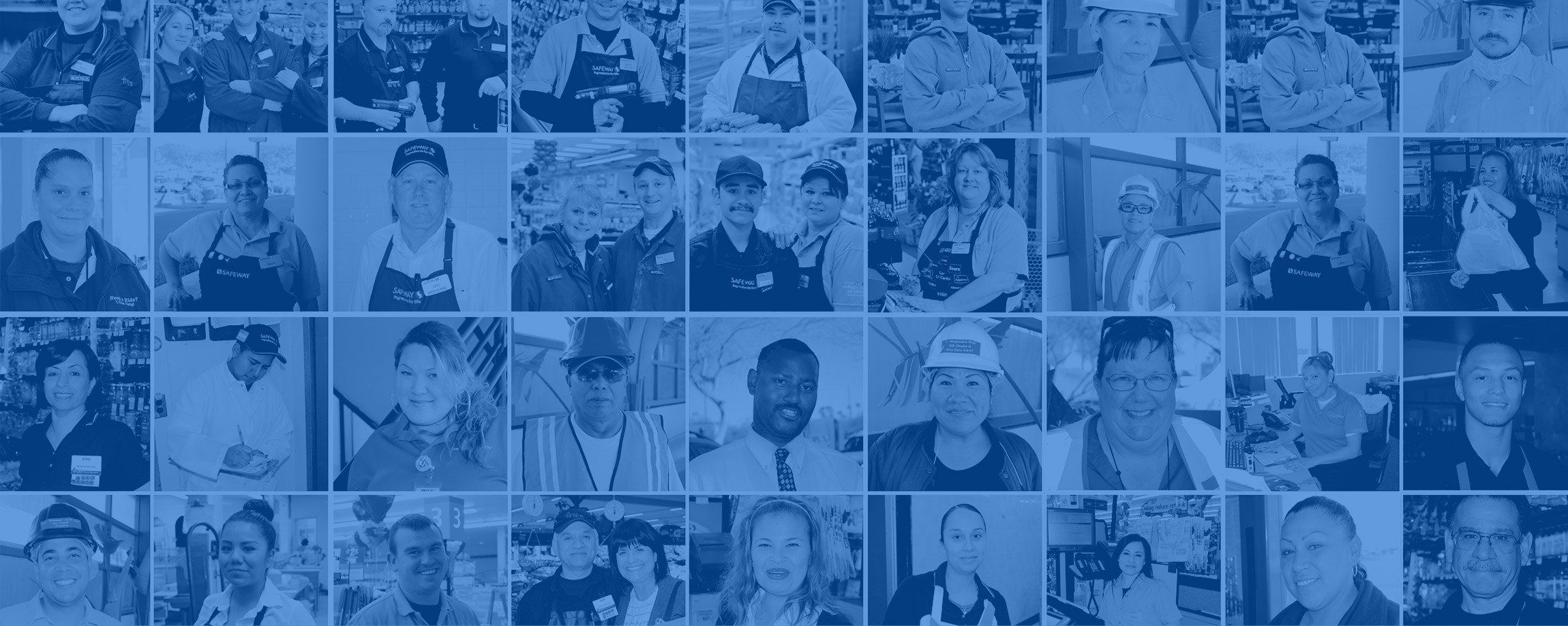Who are America’s number one sports heroes?
It’s safe to assume that most people agree they are the U.S. National Women’s Soccer Team and its phenomenal co-captains, Megan Rapinoe, Alex Morgan and Carli Lloyd.
Thanks in part to the brilliant guidance of Head Coach Jill Ellis, this team dominated the 2019 FIFA Women’s World Cup tournament in France to win the championship for the second time in a row. It was the team’s fourth championship since the quadrennial tournament began in 1991.
This time, though, the American women were fighting for something much bigger than their personal glory. They were fighting for the rights of all women to be paid fairly for their accomplishments.
The crowds in Paris knew the score. Right after the Americans sealed their victory by shutting out the Netherlands team 2-0 in the finals, fans began shouting out for “equal pay” from the stands. The chants grew louder as Gianni Infantino, the president of FIFA, the international soccer federation, presented the championship trophy to the U.S. women.
They had good reason to shout.
Consider that the 2018 men’s World Cup competition had a total prize fund of $400 million while this year the women’s World Cup handed out a total of $30 million.
This astonishing difference can’t be explained away. It is blatant gender discrimination.
An audit by the Wall Street Journal found that since the U.S. women previously won the World Cup in 2015, their games have brought in more total revenues than the men’s team has. (The American men failed to even qualify for the 2018 World Cup, and the only time they reached the semi-finals was back in 1930, when they placed third.)
Complete revenue figures aren’t available for international competition, but we know this year’s women’s final match drew about 20 times more U.S. viewers than the men’s World Cup final did last summer.
What about merchandising? On June 28, Nike CEO Mark Parker announced: “The U.S.A. women’s home jersey is now the No. 1 soccer jersey, men’s or women’s, ever sold on Nike.com in one season.”
The problem goes beyond financial compensation. The women’s team is put at risk more frequently by having to play on non-grass fields. It flies on commercial airlines while the men fly on charter aircraft. And the U.S. soccer federation spends less on promoting games played by the Women’s National Team than it does for the men’s team.
At this point, the women’s hopes for equality are focused in the courts. In March, 28 members of the women’s team filed a lawsuit against the U.S. Soccer Federation for gender discrimination.
Justice will prevail
As the father of two daughters (and one son) and as the president of a union with a female majority membership, I continue to root for all women in their fight for justice. I am deeply concerned about the future we are creating for girls and women.
“That’s the way things are” isn’t a satisfactory answer. It never was and it certainly isn’t now.
Women are not a “lesser gender.” They make the world go around and I expect my daughters will continue to keep the world spinning long after we’re gone.
It’s hard to believe we even need to discuss the topic of gender inequality in 2019, but the problem remains widespread, not just among our elite soccer players, but in workplaces where women are undervalued and abused.
Fortunately, members of UFCW Local 99 have union-negotiated contracts that protect their rights, regardless of gender. But too many women, as well as men, don’t have a union to stand up for them, and they often find themselves fighting alone or staying silent out of fear.
I still have confidence that justice will prevail in the long run. It comes from watching my two daughters grow up strong and aspire to do great things. And it comes from watching heroes like the U.S. National Women’s Soccer Team stand up for themselves and fight for justice.
Because they have models to follow like Megan Rapinoe and Alex Morgan, girls of all ages are inspired to take to the field as athletes instead of cheerleaders. In the process, they learn how to be sportswomen. They learn about discipline, personal responsibility, ethical standards, working with others and dealing with disappointments as well as successes.
They work hard every day to grow their skills and become the best they can be. They engage in real-world experiences that are far more beneficial than those they’ll find on a smartphone’s screen.
No matter how you feel about Rapinoe’s political stances, her stances and those of her teammates on the field and in the courtroom have elevated the struggle for equality for women. This is where we as Americans should be leading the way and not trying to catch up.
